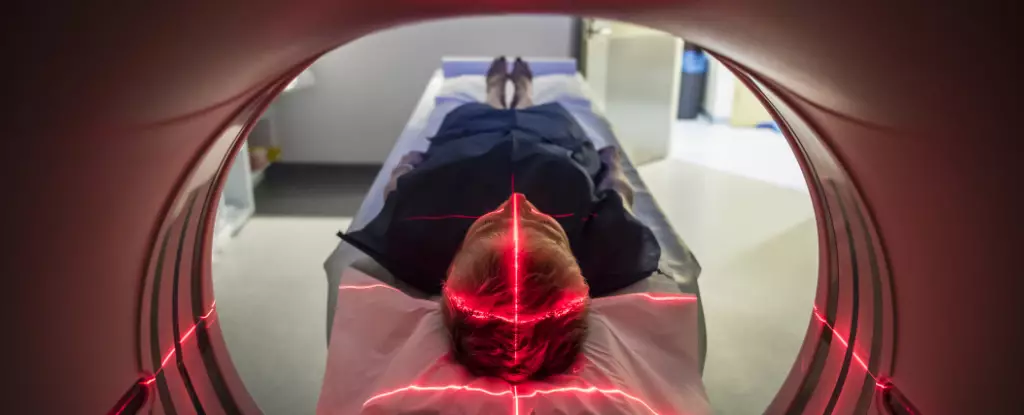The practice of injecting children with growth hormone extracted from the brains of deceased people was a controversial medical procedure that occurred between 1959 and 1985. This method was primarily used to treat short stature in children. However, it was later discovered that this therapy led to the development of Creutzfeldt-Jakob disease in around 200 children. Creutzfeldt-Jakob disease is a degenerative brain condition caused by a misfolded protein known as a prion. The severe consequences of this treatment highlight the importance of reevaluating medical procedures for potential long-term risks.
While the dangers of injecting growth hormone extracted from cadavers have been acknowledged for years, a recent study suggests that this procedure may also be connected to Alzheimer’s disease. The study’s findings propose that these injections might have facilitated the transmission of Alzheimer’s disease. It is essential to note that person-to-person transmissions of Alzheimer’s disease are exceedingly rare, as they require direct contact with brain fluid. Nevertheless, the researchers urge the decontamination of surgical instruments in neurosurgery to prevent the transfer of Alzheimer’s proteins between patients. Standard sanitization techniques are ineffective in removing prions, making this a matter of utmost concern for the medical community.
The principal investigator of the study, Dr. John Collinge, and his colleagues at the University College London Institute of Prion Diseases have been closely monitoring referrals to the United Kingdom’s National Prion Clinic. Their aim was to identify any signs of cognitive decline in individuals who had received these banned growth hormone injections but had not died from Creutzfeldt-Jakob disease. The findings were alarming. Out of eight individuals who had received these injections as children, five developed symptoms consistent with Alzheimer’s disease in their 30s, 40s, and 50s. Of the remaining three, one had mild cognitive impairment, one experienced cognitive symptoms, and the other remained asymptomatic.
Challenges in Understanding the Mechanism
The retrospective nature of the study made it difficult to draw definitive conclusions. Each participant underwent a different series of tests, making it challenging to compare the results directly. However, there was evidence of Alzheimer’s biomarkers and brain atrophy across the cohort, which strongly suggested a connection to the disease. The presence of early-onset dementia in these individuals could not be easily explained by other factors such as childhood intellectual disability, cranial radiotherapy, underlying medical conditions, or growth hormone deficiency, further supporting the hypothesis that the growth hormone injections were the primary factor.
Previous studies have provided evidence to support the theory that Alzheimer’s disease is prion-like, with degenerate proteins triggering a chain reaction throughout the brain. Amyloid beta, a protein associated with Alzheimer’s disease, was found in archival samples of the banned hormone injections. Moreover, autopsies conducted on individuals who had received these injections and later died of Creutzfeldt-Jakob disease revealed the presence of amyloid beta deposits in their brains. These findings raise significant questions about the causal relationship between prions and Alzheimer’s disease, challenging our understanding of this debilitating condition.
The potential link between prion-like mechanisms and Alzheimer’s disease opens up new avenues for therapeutic strategies. Understanding the role of degenerate proteins and their transmission can pave the way for innovative treatment approaches. However, it is crucial to approach these findings cautiously and conduct further research to confirm the causal relationship between growth hormone injections and Alzheimer’s disease. This research has the potential to revolutionize our understanding of Alzheimer’s disease and contribute to the development of effective treatment options.
The controversial history of growth hormone therapy has taken a new turn with recent findings suggesting a potential connection to Alzheimer’s disease. The study conducted by Dr. Collinge and his team highlights the need for comprehensive investigations into medical procedures that were once considered safe. As the medical community grapples with the implications of these findings, further research must be undertaken to understand the exact mechanisms behind the transmission of Alzheimer’s disease and to develop targeted therapeutic interventions.


Leave a Reply